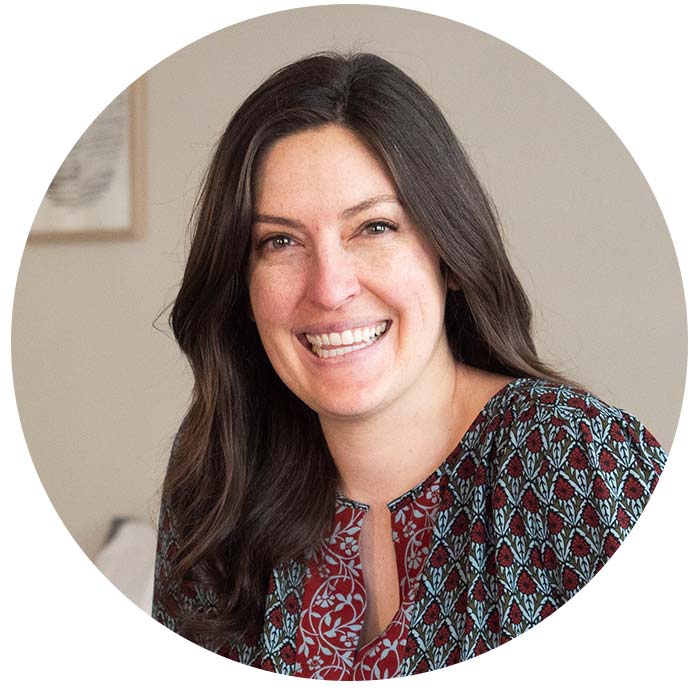Most of us have had a negative experience with a coworker. It comes in the form of rude or sarcastic comments in a meeting or speaking over someone at the water cooler. It’s easy to carry the frustration and stress home and share it with a spouse after a tough day. Now, new research from Portland State University suggests that not only can a coworker’s incivility negatively affect one’s sleep, but also, if work is linked to a spouse, it could mess with his or her sleep as well.
The study expands on already existing research that points to a link between negative coworker behavior (and the resulting stress) and sleep issues such as insomnia.
Lead study author Charlotte Fritz, P.h.D., an associate professor of industrial and organizational psychology in Portland State University’s College of Liberal Arts and Sciences, told Mattress Clarity this new study was interested in examining and understanding to what extent workplace stressors such as incivility have the potential to not only impact employees at home but also their spouses.
Toxic Coworkers And Sleep
Researchers surveyed 305 couples in a diverse group of jobs. Some (but not all) of the couples were either connected to work as coworkers or worked in the same industry.
Fritz and her team from Portland State University, along with a team from the University of Illinois, found that people who had negative encounters with someone at work were more likely to struggle with sleep because they ruminated over the issue. In addition, the individual’s spouse faced similar sleep challenges if they were connected in their jobs (whether as coworkers or because of sharing the same occupation). This was not the case with spouses who weren’t linked through work.
Fritz told Mattress Clarity that she and her team expected to see an impact on spousal insomnia, but they did not expect that the impact on spouses would only occur in couples in which both partners worked in the same organization/company or occupation.
“When couples work in the same occupation or work organization they are more likely to share more details about their work experiences with each other,” Fritz told us. “As a result, partners may experience more empathy and understanding of the specific context of their partner’s work experiences (such as workplace incivility). Partners may also be more actively involved in helping each other solve work problems or figuring out how to deal with workplace incivility.”

What should couples who work closely do to help combat the potential impact stress may have on their sleep quality? Frtiz told Mattress Clarity that she would still encourage people in work-linked partnerships to share work experiences with each other because partners can be a great source of support.
“At the same time, work-linked couples may need to more explicitly find time to mentally disconnect from work, especially close to bedtime,” she told us. “They could engage in conversations about family or hobbies, engage in relaxing activities together, and support each other in unwinding from the workday.”
Her suggestions find support in a 2014 study about workplace stress, which herself Frtiz co-authored. The research looked at 699 employees of the U.S. Forest Service and found that those who participated in one relaxing activity after work were better able to step away from workplace stressors and reported fewer instances of disrupted sleep.
Still, Fritz says there is more work to do. “I think we need to still better understand how employees can bounce back fast after they experience incivility at work,” she told us. “We also need to help organizational leadership prevent and reduce workplace incivility and build a workplace culture of civility and support.”
The study was published in the Journal of Occupational Health Science in December.
Featured image: fizkes/Shutterstock

